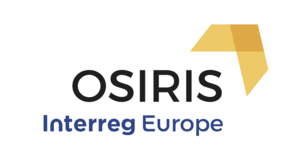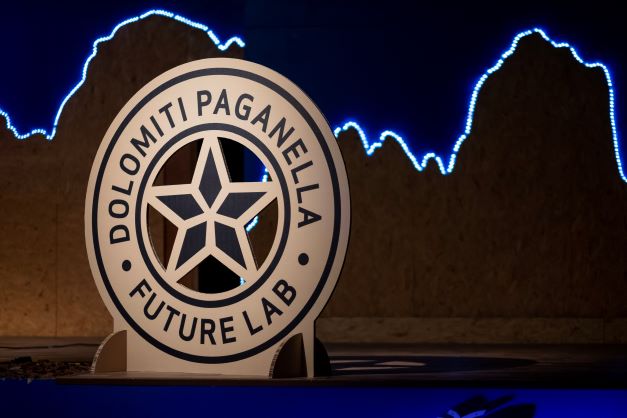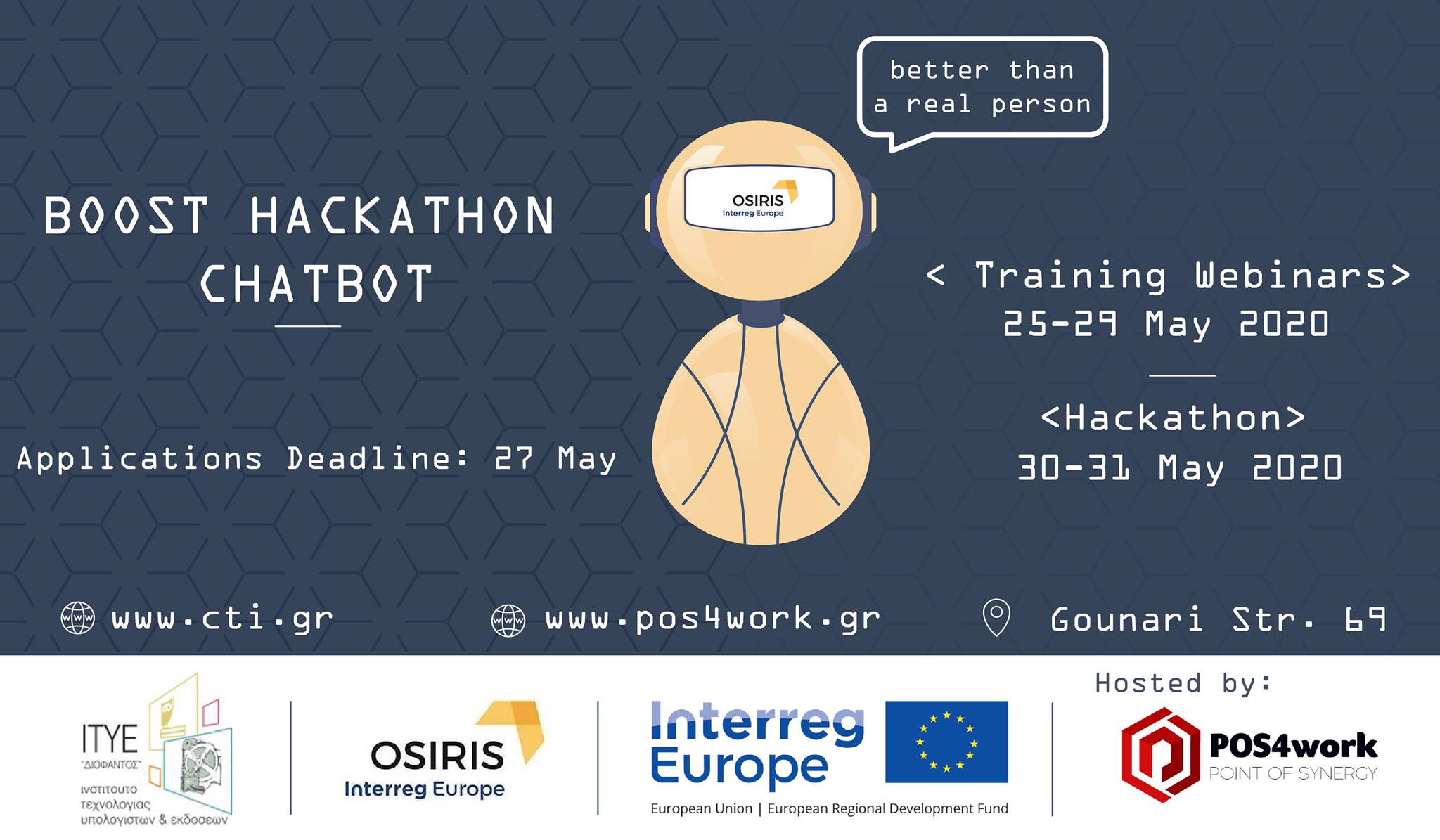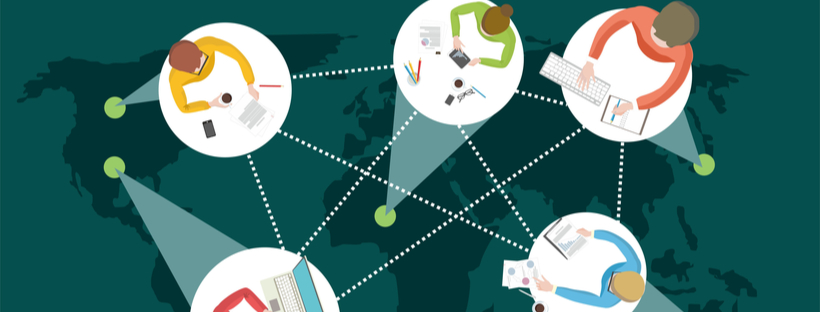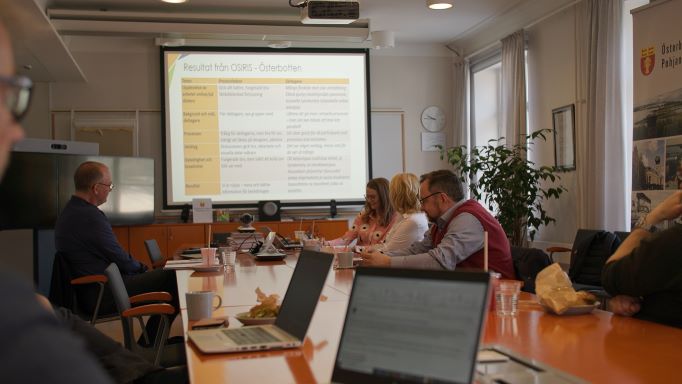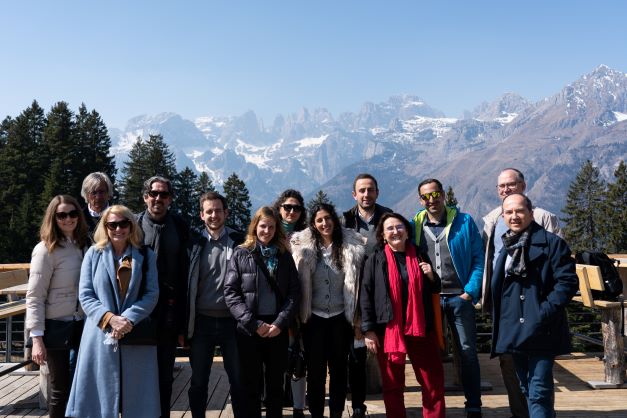What are the key elements of your action plan?
The aim of the action plan is to provide the Region of Western Greece (RWG), the responsible body for the policy Instrument “Regional Operational Programme for Investments for Growth and Jobs 2014-2020”, with a series of recommendations and proposals focusing on Open Social Innovation activities that could contribute to social and economic development.
In the Action Plan we include the most suitable OSI good practices implemented by the OSIRIS partners in order to:
• Promote actions that will foster OSI with the collaboration of all RWG actors of the penta-helix model
• Increase funds for OSI initiatives according to the priorities of the region
• Endow economic and human resources
• Train RWG stakeholders in OSI good practices and their adoption
The key elements of the Action Plan focus on important sectors where several needs and lack of initiatives have been identified. Research, entrepreneurship, innovation are strong points in our region. However, there is a lack of OSI related practices. Therefore, our recommendations focus on supporting the creation of Incubators and Creative industries and the Use of Open Data for regional development.
How is OSI addressed in your action plan?
For the implementation of the actions, the participation of all actors of the penta-helix model is essential.
For the first case (Incubators and Creative industries): The main objective of the Action Plan is to promote the establishment of an innovative collaborative space for creative industries, universities, research centres and public authorities where most regional capabilities will contribute to create new knowledge and generate innovation. This will be supported by innovative e-tools that will act as catalysts and accelerators of entrepreneurship in the region.
For the second Action (Use of Open Data for regional development): Key stakeholders will encourage and mobilize data providers (municipalities/public authorities) to publish their data and make it open. The Open Data benefits, including transparency, increased government efficiency, increased participation and the release of social and commercial value through innovation will be presented. In addition, it is proposed to support and fund start- ups and existing enterprises to use Open Data for the creation of new services/products.
How do you see the role of Osiris in your action plan and what are your key learning points?
The Action Plan illustrates the experiences and new knowledge of the CTI team and the stakeholders, who had the opportunity to visit partner regions and learn from their experiences. These experiences derive from the good practices of OSI implemented in the partner regions, and from the co-creative workshops focusing on different themes each time . The action plan is a collective effort, not only of the CTI team but also of the regional stakeholders –representatives of key organisation who had a vital role during the 1st phase of the project. Not only did they transfer and disseminate the knowledge gained, but they had an active role in the stakeholder meetings to clarify which of the good practices presented in the OSIRIS project could be adopted to our region, how they could be modified to meet our needs and which are the core organisations to collaborate with for efficient adoption of these good practices. All these activities, events, visits, meetings, presentations, good practices, implemented within the OSIRIS project, gave the opportunity to people with different backgrounds and socioeconomic levels to meet and co-create a very promising Action Plan.
What parts of OSIRIS were easy to implement? Were there parts that were difficult?
The CTI team and stakeholders find that the easier process for us, both as organizers and attendants was the exchange of experiences from the study visits. It is easier to understand something you can see, talk to people who are directly involved, visit infrastructures etc. Some difficulties we met, especially in the beginning of the project, were dealing with the co-creative workshops. This methodology of exchanging ideas was not so familiar to us. However, after a while we were able to conceive the way co-creative workshop work and the important outcomes.
What are the most important issues you want to develop in the policy instrument?
Undoubtedly, the OSIRIS project succeeds to fulfill it´s objectives. After 2.5 years of collaboration with partners and stakeholders, we came to the conclusion that the Good Practices of Fundao and Trento are most suitable for our region. Therefore, in our Action Plan we describe how RWG can support the creation of Incubators for Creative industries. We present the background of this activity, the results in the regions where this good practice was applied, and the implementation methodology for the RWG. Accordingly, the same methodology is described regarding the recommended Action of Open Data.
